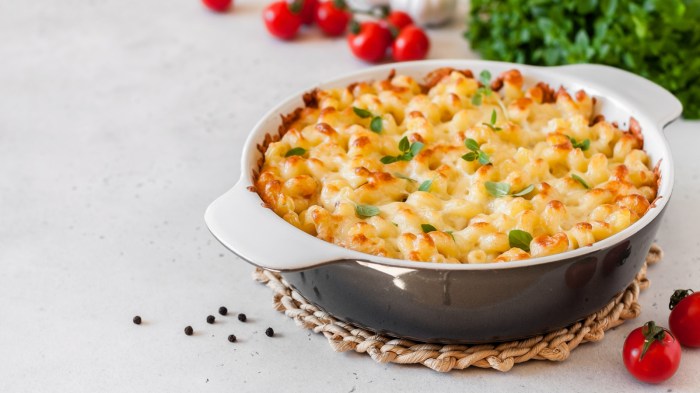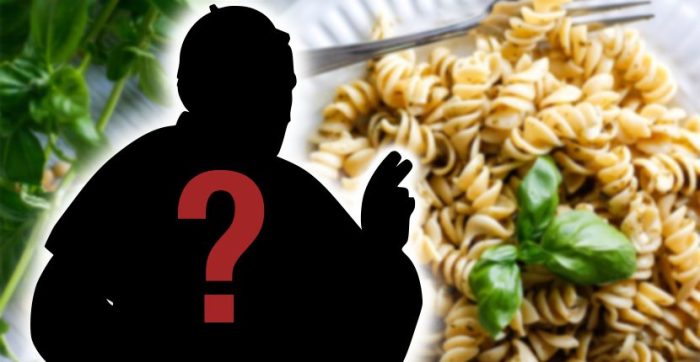Pasta whose name means little cakes – Pasta whose name means “little cakes” is a culinary delight that has captivated taste buds for centuries. From its intriguing etymology to its diverse regional variations, this pasta has a rich history and cultural significance that makes it a fascinating subject of exploration.
Originating in Italy, the name “little cakes” aptly describes the shape and texture of this pasta, which resembles miniature pastries. Its versatility allows it to be paired with a wide range of sauces and toppings, making it a beloved dish in many cuisines worldwide.
Pasta Whose Name Means Little Cakes

Pasta with names that translate to “little cakes” is a culinary delight found in various regions around the world. These pasta shapes share a common characteristic of being small and bite-sized, resembling miniature cakes.
Etymology and Origin
The name “little cakes” for pasta likely originated from their shape and size. These pasta pieces are typically round or oval, with a slightly flattened or concave shape. Their resemblance to small, round cakes led to the adoption of this name.
Regional Variations
Pasta whose name means “little cakes” is prevalent in several regions:
- Italy:Known as orecchiettein Puglia, these pasta pieces resemble small ears.
- Greece:Known as kritharaki, these pasta pieces are used in soups and stews.
- Turkey:Known as kuskus, these pasta pieces are made from semolina flour and are often served with meat or vegetable dishes.
- North Africa:Known as berkoukes, these pasta pieces are used in traditional dishes such as couscous.
Cooking Methods and Serving Suggestions, Pasta whose name means little cakes
Pasta whose name means “little cakes” can be cooked in various ways:
- Boiled:The most common method, where the pasta is cooked in boiling water until al dente.
- Baked:Can be baked in a casserole dish with sauces and toppings.
- Fried:Some varieties, such as orecchiette, can be fried until crispy.
Serving suggestions include:
- Sauces:Tomato sauce, pesto, or cream sauces
- Toppings:Grated cheese, chopped vegetables, or meat
- Accompaniments:Salads, bread, or roasted vegetables
Nutritional Value and Health Benefits
Pasta whose name means “little cakes” is a good source of:
- Carbohydrates:Provides energy
- Protein:Essential for muscle growth and repair
- Fiber:Supports digestive health
Consuming this pasta in moderation can contribute to a balanced diet.
Cultural Significance and Traditions
In some regions, pasta whose name means “little cakes” holds cultural significance:
- Italy: Orecchietteis associated with the Puglia region and is often served during traditional festivals.
- Greece: Kritharakiis used in a dish called magiritsa, a soup served during Easter.
- North Africa: Berkoukesis used in couscous dishes, which are often served during religious holidays and special occasions.
Comparative Analysis
Compared to other types of pasta, pasta whose name means “little cakes” is:
- Smaller in size:Typically bite-sized, ranging from 5-10mm in diameter.
- Round or oval in shape:Resembling small cakes.
- Made from various flours:Including semolina, wheat, or durum wheat.
Modern Interpretations and Innovations
Chefs and home cooks are experimenting with new flavors and presentations of pasta whose name means “little cakes”:
- Stuffed pasta:Filled with ingredients such as cheese, meat, or vegetables.
- Colored pasta:Made with natural ingredients like spinach, beetroot, or turmeric.
- Gluten-free pasta:Made from alternative flours such as quinoa or chickpea.
Helpful Answers
What is the origin of the name “little cakes” for this pasta?
The name “little cakes” originates from the shape and texture of the pasta, which resembles miniature pastries.
What are some regional variations of this pasta?
Regional variations include orecchiette from Puglia, cavatelli from Campania, and malloreddus from Sardinia, each with its own unique shape and size.
How should pasta whose name means “little cakes” be cooked?
This pasta is typically cooked in boiling salted water until al dente, and can be paired with a variety of sauces and toppings.
What are the nutritional benefits of this pasta?
This pasta is a good source of carbohydrates and protein, and can be enriched with additional nutrients depending on the ingredients used in its preparation.
What is the cultural significance of this pasta?
In many regions, this pasta is associated with traditional festivals and celebrations, and holds a special place in local culinary traditions.


